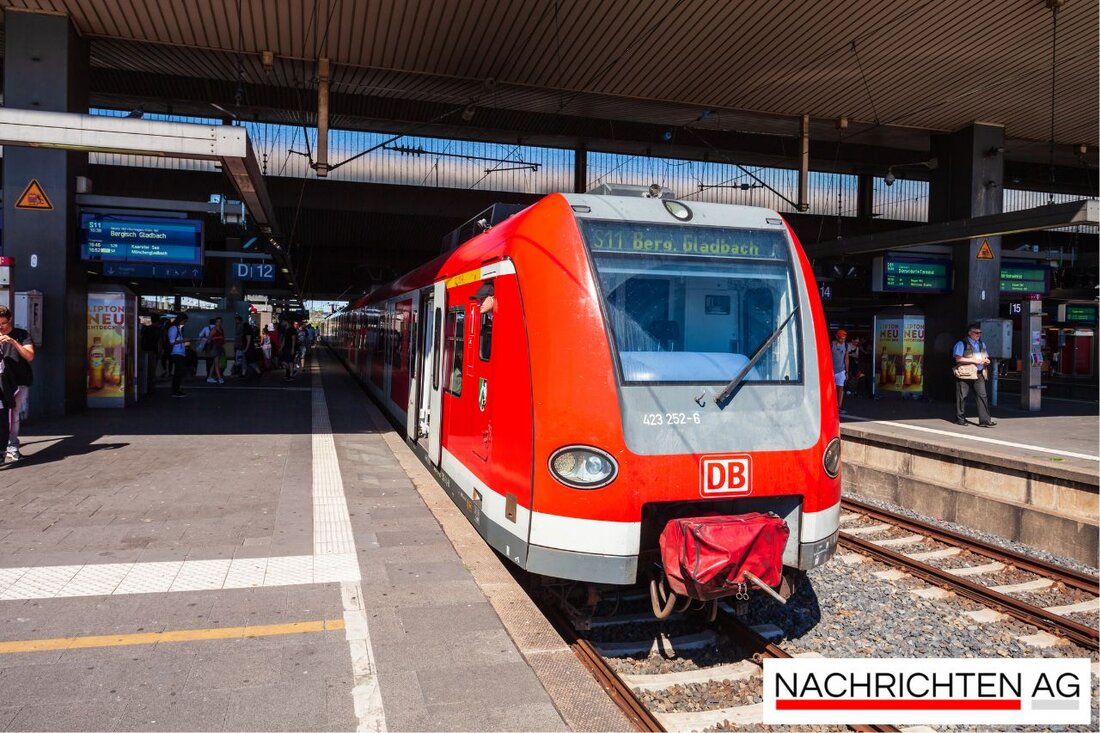New line into natural drama: Lower Saxony is resisting plans!
Celle is discussing the controversial new line and the Alpha-E measures to optimize freight transport.

New line into natural drama: Lower Saxony is resisting plans!
There are currently major discussions in Lower Saxony about the future of the rail infrastructure and the expansion of freight transport. Deutsche Bahn has discussed plans for a new line (NBS) between Hamburg/Bremen and Hanover, but these are not only met with enthusiasm. According to celler-presse.de, the Alpha-E concept, which was adopted in the Dialogforum Schiene Nord (DSN) in 2015, was viewed positively by the majority, but the NBS, which is supposed to run along the A7, met with rejection. Residents and conservationists are concerned about the massive interventions in nature and the potential impact on regional habitats.
The idea behind the expansion is ambitious: the capacity in freight transport between the important hubs of Bremen, Hamburg and Hanover is to be increased in order to relieve congestion on routes and junctions. The aim was to direct freight traffic into the West, Central and East corridors. But while the plans to upgrade and expand the existing line are met with general approval, concerns about the impact of the new line cannot be ignored. Political voices from Lower Saxony express concerns about the potential degradation of the existing route due to the lack of modern noise protection measures.
Citizens' concerns
Local residents have expressed strong concerns about the potential isolation of towns caused by the NBS. There are fears of longer journey times and a loss of the attractiveness of the railway line. Although Deutsche Bahn has promised to continue to serve the stops in Lüneburg, Uelzen and Celle, the reliability of these promises is perceived as questionable. In addition, the new European signaling system ETCS is not taken into account, which could slow down trains.
The implementation process of the Alpha-E measures could help reduce congestion on the existing route, while the NBS could prove unsustainable. The plan to allow high-speed trains to run over the new route while slow trains run on the existing route sounds well thought out at first glance. But as the Salzhausen website reports, this separation could create problematic island locations and further complicate the connection of the affected places.
Sustainability in focus
Another aspect that is often addressed in the discussion concerns the federal government's energy and climate policy requirements. Studies such as those from the Federal Ministry of Digital and Transport suggest that rail freight transport can play a significant role in reducing CO₂ emissions. Growth in freight transport is forecast and the need to shift it from road to rail is undisputed. However, the share of rail freight transport in Germany has currently stagnated at around 20% since the 1990s.
Supporters of the existing route emphasize that ecological responsibility must not be lost sight of. The plans for the NBS do not appear to take into account route bundling specified by nature conservation law, which could have devastating consequences, especially for sensitive natural areas and landscape protection areas. The focus should therefore be on expanding the existing route, which is not only less harmful to nature, but could also be implemented faster and more cost-effectively.
The discussion about how the future of rail freight transport can be shaped must also take the voice of citizens seriously. Perhaps a reliable and transparent dialogue between those involved could help regain lost trust and take everyone's interests into account. In the planned measures, the reliability and punctuality of Deutsche Bahn should be kept in mind as the top priority.

 Suche
Suche
 Mein Konto
Mein Konto